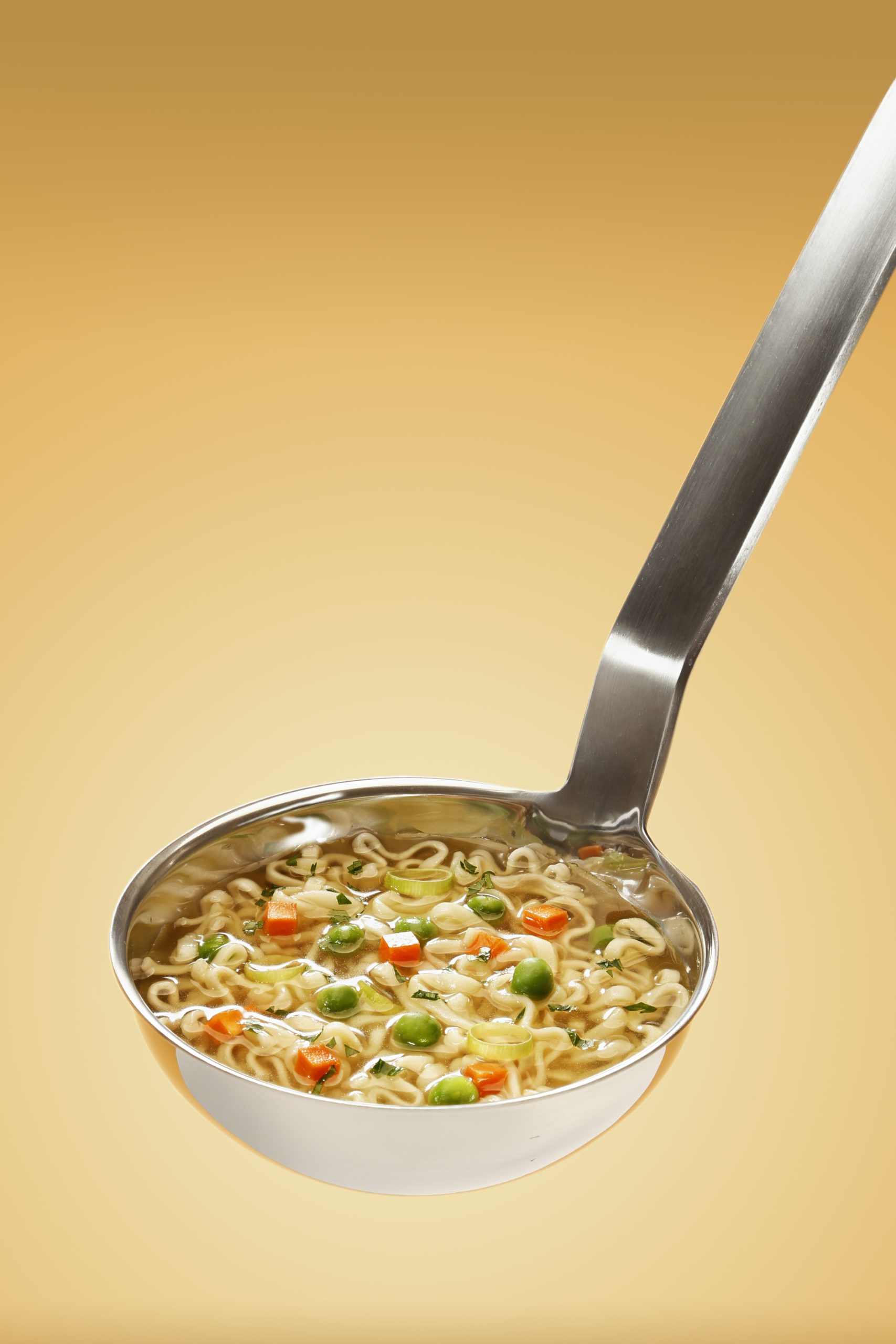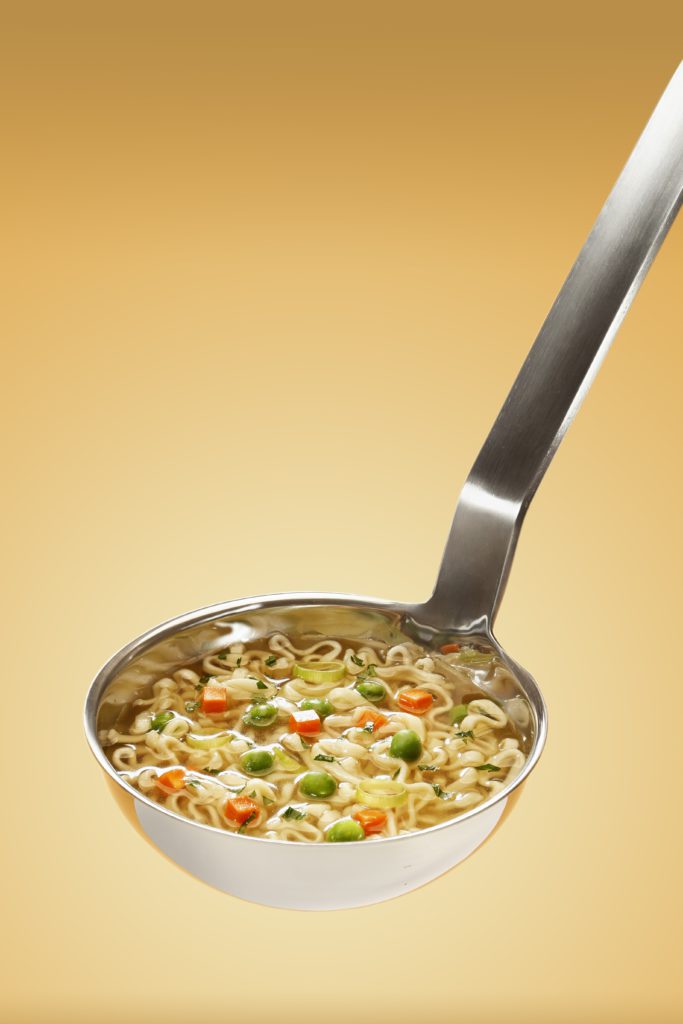Did you know that a naturally occurring fatty acid amide called Palmitoylethanolamide (PEA) is gaining attention for its potential therapeutic properties in managing depression? PEA belongs to the family of endocannabinoids and is synthesized in various tissues of the body, particularly in response to inflammation and pain. With its ability to modulate the immune response and promote homeostasis, PEA is often referred to as a “nutraceutical” or a “dietary supplement.” While not considered a traditional pharmaceutical drug, PEA might have health benefits, particularly in the context of managing chronic pain and inflammation. But the question remains: Is PEA good for depression? Let’s explore this fascinating subject further.
What is Palmitoylethanolamide (PEA)?
PEA as a naturally occurring fatty acid amide
Palmitoylethanolamide (PEA) is a naturally occurring fatty acid amide that belongs to the family of endocannabinoids. Endocannabinoids are lipid-based molecules that bind to cannabinoid receptors in the body and play a role in various physiological processes. PEA is a specific type of endocannabinoid that is synthesized in various tissues of the body, especially in response to inflammation and pain.
Isolation and discovery of PEA
PEA was first isolated from soybean lecithin in the 1950s by scientists Professors R. Mechoulam and M. Tarlovsky. They named the compound palmitoylethanolamide to reflect its chemical structure, which consists of a saturated fatty acid called palmitic acid bound to ethanolamine.
Role of PEA in the body
PEA is thought to play a role in modulating the immune response and promoting homeostasis. When the body experiences inflammation or pain, PEA levels increase as a means of mitigating the inflammatory response. PEA is also believed to interact with various other molecular targets in the body, including receptors involved in pain sensation and the endocannabinoid system.
PEA as a Nutraceutical or Dietary Supplement
Definition of nutraceutical and dietary supplement
Nutraceuticals are natural compounds or substances that are extracted from food sources and believed to have beneficial effects on health. They are often found in dietary supplements, which are products that are intended to supplement the diet and contain one or more dietary ingredients.
PEA’s classification as a nutraceutical
Due to its naturally occurring status and potential therapeutic properties, PEA is often classified as a nutraceutical. While it is not considered a traditional pharmaceutical drug, PEA is available in supplement form and is used by individuals looking to manage chronic pain, inflammation, and other health conditions.
Potential health benefits of PEA
PEA has been studied for its potential health benefits, especially in the context of managing chronic pain and inflammation. Research suggests that PEA may have analgesic and anti-inflammatory effects, making it potentially useful for conditions such as fibromyalgia, neuropathic pain, and arthritis.
PEA and its effectiveness in managing chronic pain and inflammation
Studies have shown that PEA supplementation may effectively reduce pain and inflammation in various conditions. For instance, a study published in the Journal of Pain Research found that PEA supplementation significantly reduced pain intensity and improved functional capacity in patients with chronic low back pain. Another study published in the European Journal of Pain demonstrated that PEA supplementation reduced pain and improved quality of life in patients with carpal tunnel syndrome.

Understanding Depression
Definition of depression
Depression is a mental health disorder characterized by persistent feelings of sadness, loss of interest or pleasure in activities, changes in appetite or weight, sleep disturbances, fatigue, feelings of guilt or worthlessness, difficulty concentrating, and thoughts of death or suicide. It is a common and serious condition that can significantly affect a person’s daily functioning and quality of life.
Causes and risk factors for depression
Depression is a complex condition with various potential causes and risk factors. It can be caused by a combination of genetic, biological, environmental, psychological, and social factors. Common risk factors for depression include a family history of the condition, certain medical conditions, chronic stress, trauma or abuse, and certain medications.
Prevalence of depression
Depression is a widespread mental health disorder that affects millions of people worldwide. According to the World Health Organization, around 264 million people of all ages suffer from depression globally. It is the leading cause of disability worldwide and is more common in women than men.
Research on PEA and Depression
Overview of studies investigating the effects of PEA on depression
Several studies have been conducted to investigate the potential effects of PEA on depression. These studies have primarily focused on understanding the impact of PEA supplementation on depressive symptoms and its mechanisms of action in the brain.
Animal studies on PEA and depression
Animal studies have provided valuable insights into the potential antidepressant effects of PEA. For example, a study published in the journal Neuropsychopharmacology found that PEA administration in rodents significantly reduced depressive-like behaviors and normalized neurochemical alterations associated with depression.
Human studies on PEA and depression
Human studies on PEA and depression are limited but promising. A randomized controlled trial published in the Journal of Clinical Psychopharmacology evaluated the effects of PEA supplementation on depressive symptoms in patients with major depressive disorder. The study found that PEA supplementation was associated with significant improvements in depressive symptoms compared to a placebo.

Mechanism of Action
How PEA may affect depression
The exact mechanisms by which PEA may affect depression are not fully understood. However, researchers have proposed several potential mechanisms based on the available evidence. PEA is believed to interact with the endocannabinoid system, a complex network of receptors and endogenous cannabinoids involved in mood regulation, pain perception, and other physiological processes.
Interactions with endocannabinoid system
PEA may exert its antidepressant effects by modulating the activity of the endocannabinoid system. It is thought to enhance the activity of cannabinoid receptors, particularly CB1 receptors, which are known to play a role in regulating mood and emotions.
Modulation of immune response and inflammation
PEA is also believed to modulate the immune response and inflammation, which have been implicated in the development and progression of depression. By reducing inflammation and promoting homeostasis, PEA may help alleviate depressive symptoms.
Potential Benefits of PEA for Depression
Evidence supporting the use of PEA for depression
While more research is needed, initial evidence suggests that PEA may have potential benefits for depression. Studies have shown that PEA supplementation can lead to improvements in depressive symptoms, including reductions in sadness, fatigue, and feelings of guilt.
Potential mechanisms underlying PEA’s antidepressant effects
The potential mechanisms underlying PEA’s antidepressant effects are still being explored. As mentioned earlier, PEA’s interactions with the endocannabinoid system and its role in modulating inflammation and immune response may contribute to its antidepressant properties.
Comparison of PEA with traditional antidepressant drugs
It is important to note that PEA is not intended to replace traditional antidepressant drugs prescribed by healthcare professionals. However, some studies have suggested that PEA supplementation may be a complementary or alternative approach for individuals who do not respond well to conventional antidepressant medications.

Considerations and Precautions
Safe dosage range for PEA
The safe dosage range for PEA has not been definitively established. However, clinical studies have used dosages ranging from 600 mg to 1800 mg per day, divided into two or three doses. It is always recommended to consult with a healthcare professional before starting any supplementation.
Possible side effects and contraindications
PEA is generally well-tolerated and has a low risk of adverse effects. However, some individuals may experience mild gastrointestinal symptoms, such as stomach upset or diarrhea. PEA is contraindicated for individuals who are allergic to PEA or any of its components.
Interactions with other medications or supplements
PEA may interact with certain medications or supplements. It is important to inform healthcare professionals of any medications or supplements you are taking before starting PEA supplementation to minimize the risk of potential interactions.
Expert Opinions on PEA and Depression
Views of healthcare professionals on PEA’s efficacy for depression
Healthcare professionals have varied opinions on the efficacy of PEA for depression. While more research is needed, some healthcare professionals believe that PEA supplementation may offer potential benefits for individuals with depression, especially when used as part of a comprehensive treatment plan.
Current recommendations and guidelines for PEA use
As of now, there are no specific recommendations or guidelines for PEA use in the treatment of depression. It is always recommended to consult with healthcare professionals before starting any new supplementation to ensure it is appropriate for your individual needs and circumstances.
Conclusion
Summary of findings regarding PEA for depression
In summary, research on PEA and depression is still in its early stages, but the available evidence suggests that PEA may have potential benefits for individuals with depressive symptoms. The mechanisms by which PEA exerts its antidepressant effects are not fully understood, but interactions with the endocannabinoid system and modulation of immune response and inflammation are believed to play a role.
Future directions in research on PEA and depression
Further research is needed to fully understand the effects of PEA on depression and to establish the optimal dosage, duration, and safety profile of PEA supplementation. Future studies may also explore the potential synergistic effects of combining PEA with other treatment modalities for depression.
While PEA shows promise as a potential adjunctive treatment for depression, it is important to remember that it should not replace conventional antidepressant medications without guidance from healthcare professionals. If you are experiencing symptoms of depression, it is crucial to seek professional help and discuss treatment options with your healthcare provider.







